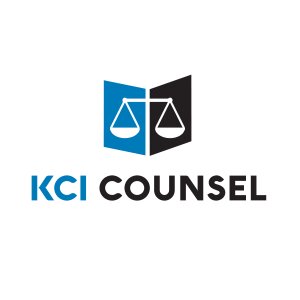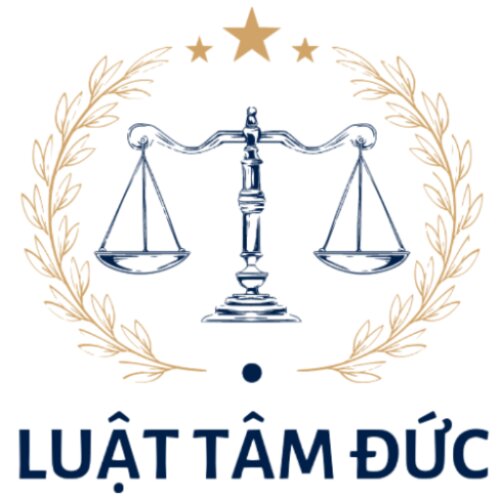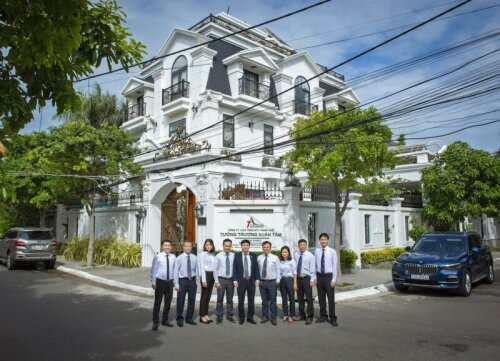Best Agriculture Lawyers in Ho Chi Minh City
Share your needs with us, get contacted by law firms.
Free. Takes 2 min.
List of the best lawyers in Ho Chi Minh City, Vietnam
About Agriculture Law in Ho Chi Minh City, Vietnam
The agriculture industry is critical to Ho Chi Minh City, a vibrant commercial hub for Vietnam that is heavily reliant on its rural and farming areas. Ho Chi Minh City's agricultural laws focus primarily on land use, farming practices, environmental conservation, sustainable agriculture, crop distribution, farm labor rights, water resources, and farming cooperatives. The agriculture laws are shaped by both national and provincial regulations, carefully formulated to promote sustainable farming, protect the rights of farmers, and ensure a fair and competitive agriculture market.
Why You May Need a Lawyer
Legal advice is often needed in the field of agriculture to help understand and navigate the complex set of laws and regulations that govern the industry. For instance, farmers may require a lawyer to mediate land disputes, advise on compliance with environmental regulations, or represent them in cases related to agrochemical usage. Importers and exporters of agricultural products might need legal assistance to comply with international trade laws and local customs regulations. Agricultural entrepreneurs and companies also require legal counseling when setting up new agricultural projects or ventures, ensuring they meet all the applicable legal requirements.
Local Laws Overview
Ho Chi Minh City's local agricultural laws are part of a broad framework that balances economic productivity with socio-environmental sustainability criteria. Particularly important are the Land Law, the Law on Water Resources, and the Law on Environmental Protection. These regulate land use rights for agriculture, allocation and conservation of water resources, and the necessary steps to be taken for environmental protection, respectively. There are also numerous decrees and provincial guidelines detailing specific aspects like agriculture contracts, use of agrochemicals, and agricultural product processing and trading.
Frequently Asked Questions
1. What are the basic rights of farmers in Ho Chi Minh City?
Farmers in Ho Chi Minh City have the right to use agricultural land, choose their own agricultural production activities, and directly sell their harvested products. They are also entitled to be members of farming cooperatives and receive support from the government.
2. Who owns agricultural land in Vietnam?
In Vietnam, all land is owned by the people and managed by the State on their behalf. Land use rights can be allocated or leased by the State to individuals, households, or organizations for a certain period of time.
3. Does Ho Chi Minh City have laws on sustainable farming?
Yes, there are several laws promoting sustainable farming practices, including the Law on Environmental Protection, which underscores the importance of sustainable resource management and environmental conservation in agricultural activities.
4. What legal actions can be taken if agricultural land is misused?
Any misuse of agricultural land can be reported to local authorities, who can take actions including fines, withdrawal of land use rights, or even criminal prosecution in some severe cases.
5. Can foreign entities invest in agricultural projects in Ho Chi Minh City?
Foreign entities are allowed to invest in agricultural projects in accordance with Vietnam's Law on Investment and Law on Land. However, there are certain restrictions and conditions that need to be met for the approval of such investments.
6. Is there any form of legal protection against arbitrary land seizure?
Yes, the Land Law in Vietnam provides strong safeguards against arbitrary land seizure and stipulates due procedure for land acquisition.
7. What are the legal obligations of farming cooperatives?
Farming cooperatives must comply with the Law on Cooperatives, which outlines their rights, obligations, organizational structure, and management, as well as principles of cooperation in areas like land use, production, and sale of agricultural products.
8. What legal aspects need to be considered for establishing an agricultural business?
Establishing an agricultural business requires understanding and complying with a multitude of laws including the Law on Enterprises, Law on Investment, Law on Land, Law on Environmental Protection, and various local laws and regulations.
9. How are disputes over water resources handled legally?
The Law on Water Resources provides provisions for the resolution of water resource disputes, often involving local authorities or the courts, depending on the severity of the conflict.
10. How is pesticide usage regulated in agricultural practices?
Pesticide usage is regulated under the Law on Plant Protection and Quarantine, with detailed provisions on the control of pesticide manufacture, trade, use, and disposal to promote safe agricultural practices and protect the environment.
Additional Resources
For legal advice in the field of agriculture, the Ministry of Agriculture and Rural Development, the Ministry of Natural Resources and Environment, and the Department of Agriculture and Rural Development in Ho Chi Minh City are valuable resources. Local law firms specializing in agriculture law are also helpful for understanding the intricacies of local regulations. The National Agriculture Extension Center provides numerous resources for farmers including legal assistance and training programs.
Next Steps
If you need legal assistance in agricultural matters in Ho Chi Minh City, first identify the specific issue you need help with. For most needs, consulting with a local agriculture lawyer or firm that has expertise in the specific area of law is advisable. It's also important to gather and document all necessary evidence related to your case before meeting with a lawyer.
Lawzana helps you find the best lawyers and law firms in Ho Chi Minh City through a curated and pre-screened list of qualified legal professionals. Our platform offers rankings and detailed profiles of attorneys and law firms, allowing you to compare based on practice areas, including Agriculture, experience, and client feedback.
Each profile includes a description of the firm's areas of practice, client reviews, team members and partners, year of establishment, spoken languages, office locations, contact information, social media presence, and any published articles or resources. Most firms on our platform speak English and are experienced in both local and international legal matters.
Get a quote from top-rated law firms in Ho Chi Minh City, Vietnam — quickly, securely, and without unnecessary hassle.
Disclaimer:
The information provided on this page is for general informational purposes only and does not constitute legal advice. While we strive to ensure the accuracy and relevance of the content, legal information may change over time, and interpretations of the law can vary. You should always consult with a qualified legal professional for advice specific to your situation.
We disclaim all liability for actions taken or not taken based on the content of this page. If you believe any information is incorrect or outdated, please contact us, and we will review and update it where appropriate.
















